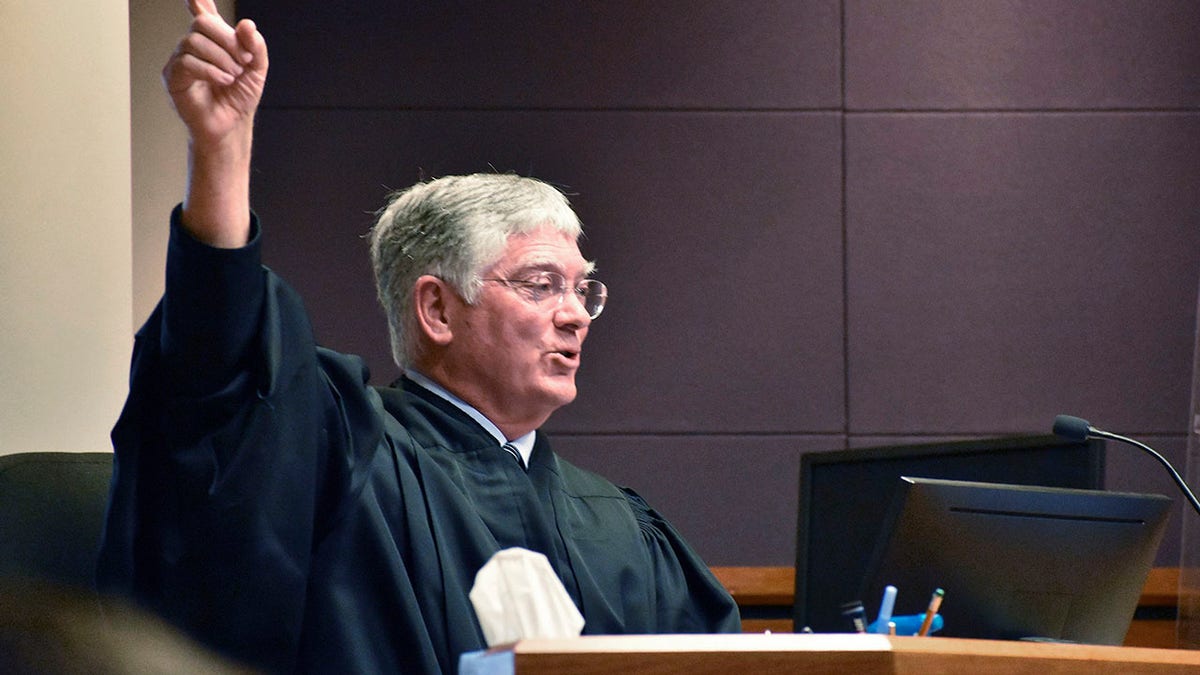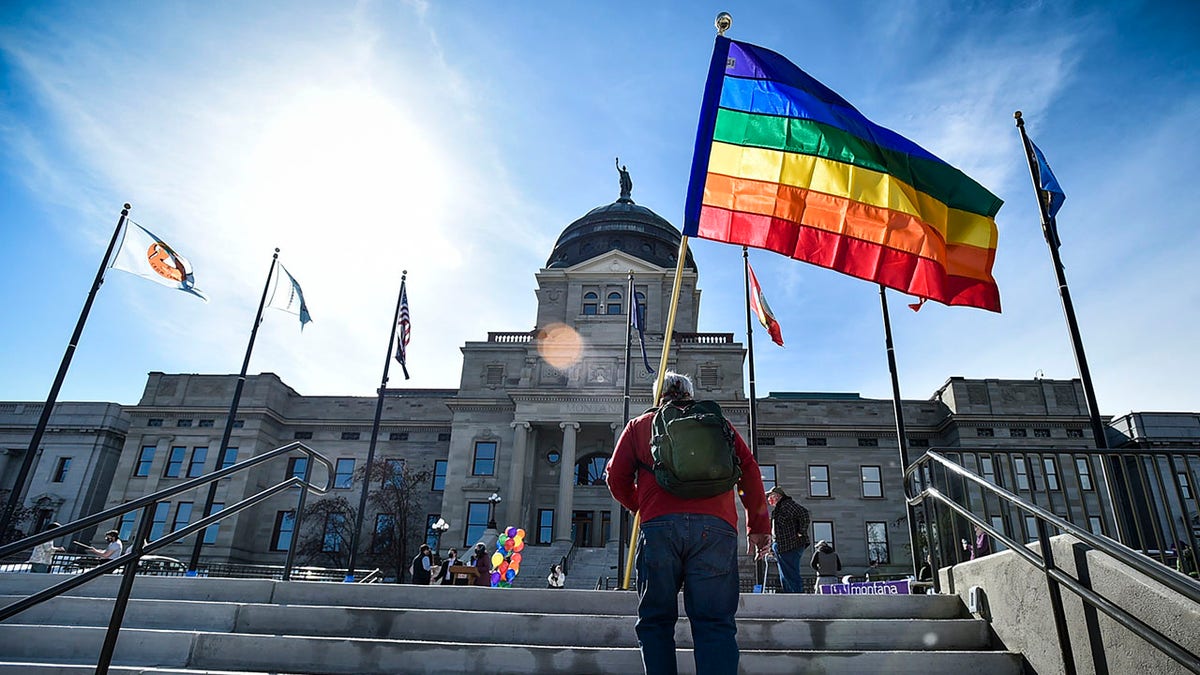Fox News Flash top headlines for September 15
Fox News Flash top headlines are here. Check out what's clicking on Foxnews.com.
A Montana judge blocked a recent state law that prevented transgender people from changing their gender on birth certificates without undergoing surgery.
Last week, state health officials adopted a rule permanently blocking people from changing the gender on their birth certificates.

Montana District Judge Michael Moses gestures during a court hearing over a state health department rule that prevents transgender people from changing their birth certificates, Thursday, Sept. 15, 2022, in Billings, Mont. Moses struck down the rule at the conclusion of the hearing. ( AP Photos/Matthew Brown)
Plaintiffs filed a complaint challenging SB280, which passed in the Montana Legislature in April of last year. The law allowed for someone to change the gender on his or her birth certificate, but only if they had undergone a surgical procedure to do so.
MONTANA PERMANENTLY BLOCKS RESIDENTS FROM CHANGING GENDER ON BIRTH CERTIFICATES
On Thursday, District Court Judge Michael G. Moses ruled the law violated equal protections, privacy and due process concerns for plaintiffs under Montana’s state constitution.
Before legislators passed SB 280 last April, transgender people could amend their birth certificates by submitting a legal form attesting to the fact they had transitioned genders, by providing a state-issued identification card with the different gender or by providing a court order indicating a gender change.

Demonstrators gather on the steps of the Montana State Capitol protesting anti-LGBTQ+ legislation. (Thom Bridge/Independent Record via AP, File)
In the decision, Moses detailed distinctions the court considered between gender identity and sex, noting that "the medical consensus in the United States is that gender identity is innate and that efforts to change a person’s gender identity are harmful to a person’s health and well-being, but also are unethical."
CLICK HERE TO GET THE FOX NEWS APP
He went on to write that "Surgery is not medically necessary, or medically desirable, for all transgender people. Even for those for whom surgery is appropriate, the specific surgical procedure will vary based on the person’s individual needs. For some, surgery is medically contraindicated; for others it is cost prohibitive. Like other major healthcare decisions, decisions about gender-affirming surgery are profoundly personal, require confidential medical evaluations, and often involve intimate conversations with family members."



